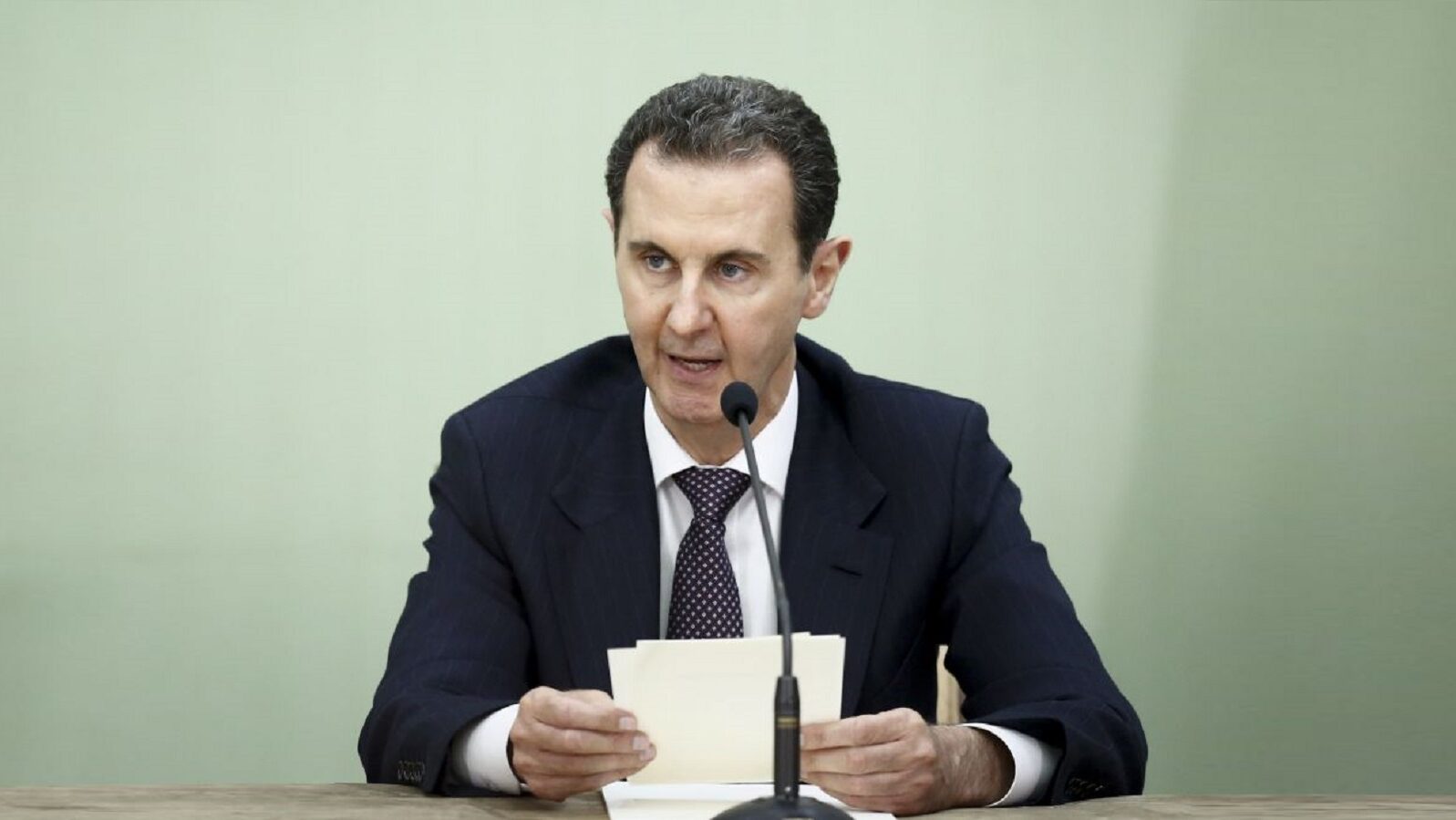Expert Tells TML: Syria’s Parliament Purge Reflects Efforts To Curb Iranian Influence
MPs were expelled for dual citizenship and ties to Iran, reflecting efforts to curb Iranian influence amid security challenges. Expulsions include prominent figures linked to Assad allies and sanctioned by the West
In October and November, the Syrian Parliament expelled at least six members and initiated legal proceedings against four others—actions without precedent in previous parliamentary terms.
The first expulsion occurred on October 10, when the Parliament decided to remove MP Anas Dabbasi from Aleppo. The decision was based on his possession of Turkish citizenship, which violates an article of the Syrian Constitution prohibiting dual nationals from running for public office.
MP Mohammed Hamsho was also expelled for holding Turkish citizenship. Hamsho was known as a close associate of the Assad family and a prominent businessman and economic figurehead for the Syrian regime.
Hamsho maintained a close working relationship with Maher Assad, the Syrian president’s brother, and operated businesses in construction, telecommunications, IT, engineering, and tourism in Syria. After serving in Parliament during the 2012 and 2016 terms, Hamsho withdrew his candidacy from the 2020 election. He ran again in the 2024 election and won.
His expulsion resonated widely in Syrian political and economic circles.
Hamsho was among the first Syrians sanctioned by the European Union in 2011. He remains barred from entering EU countries due to his alleged support of the regime in suppressing peaceful protests during the March 2011 uprising.
He is also a target of US sanctions under the Caesar Act, the 2019 legislation sanctioning the Syrian government, including President Bashar Assad, for war crimes.
The Syrian government froze Hamsho’s assets following the sanctions. Anonymous sources who spoke exclusively with The Media Line said that the confiscation of Hamsho’s wealth coincided with a decline in Iranian projects in Syria.
Give the gift of hope
We practice what we preach:
accurate, fearless journalism. But we can't do it alone.
- On the ground in Gaza, Syria, Israel, Egypt, Pakistan, and more
- Our program trained more than 100 journalists
- Calling out fake news and reporting real facts
- On the ground in Gaza, Syria, Israel, Egypt, Pakistan, and more
- Our program trained more than 100 journalists
- Calling out fake news and reporting real facts
Join us.
Support The Media Line. Save democracy.
The Arabic newspaper Asharq Al-Awsat described Hamsho as “Iran’s man.”
Syrian legal activist Arwa al-Soussi said the expulsions reflect a current effort by the Syrian regime to curb Iranian influence. That strategy results from ongoing Israeli pressure, making it more costly for the regime to associate with Iran.
Al-Soussi told The Media Line that Iran’s economic presence in Syria is as significant as its military presence. Those expelled often had direct or indirect Iranian ties, he said, pointing to Hamsho as an example.
Another factor in the new trend of parliamentary expulsions is the deteriorating security situation in Syria, which has made it difficult for the state to vet parliamentary candidates effectively, activist Mazen al-Halou said. Previously, intelligence agencies could provide detailed profiles even on low-level workers.
Other expulsions included MP Anas Mohammed al-Khatib, for holding Jordanian citizenship, and Mohammed Khaled Bassam al-Zubaidi, for possessing Canadian and Algerian citizenship. Legal proceedings were also initiated against Ayham Griekos, Madloul al-Aziz, and Mujahid Ismail.
Al-Zubaidi’s association with Rami Makhlouf, Bashar Assad’s cousin, raised him from obscurity. Through that association, Zubaidi was given economic privileges and came to take part in significant projects, including managing a large construction company and serving on the boards of investment firms.
Ayham Griekos had ties to another of the president’s cousins, Imad Assad, who is known for his connections with Iran. Since 2011, Griekos has been involved in suppressing protesters, arming loyalists in coordination with Syrian intelligence, and leading pro-regime militias in Syria’s coastal regions.
Anas al-Khatib was also considered close to the Syrian regime and Iran. He held positions such as director of health projects for Syria’s General Federation of Trade Unions and was a prominent otolaryngologist. Since the protests began in Syria in 2011, eventually deteriorating into a civil war, Syria has witnessed four parliamentary elections. In all four elections since the civil war began, large numbers of Syrians were excluded from voting because of being located in wartorn northern Syria or in exile. Syrian legal expert Mohammad Hammam said that millions were denied their right to vote.
Speaking to The Media Line from Turkey, Hammam criticized the constitutional stipulation that candidates must hold only Syrian citizenship, which was introduced in the 2012 constitution. He said that this requirement was a deliberate move to bar many Syrians from candidacy, given the prevalence of dual nationality as a result of the war.
The parliamentary elections held on July 15 of this year heralded the fourth legislative term since the 2012 Syrian Constitution and the 30th since the country’s establishment.
For the first time, the ruling Baath Party adopted an internal primary system to select its parliamentary candidates. This process involved elections within the party’s ranks to choose nominees.
Less than a month after the elections, on August 11, Assad issued a decree scheduling the new Parliament’s first session for August 21.
Predictably, the Baath Party maintained its dominance in the elections, with individuals loyal to Assad and holding economic clout filling the Parliament’s seats.



